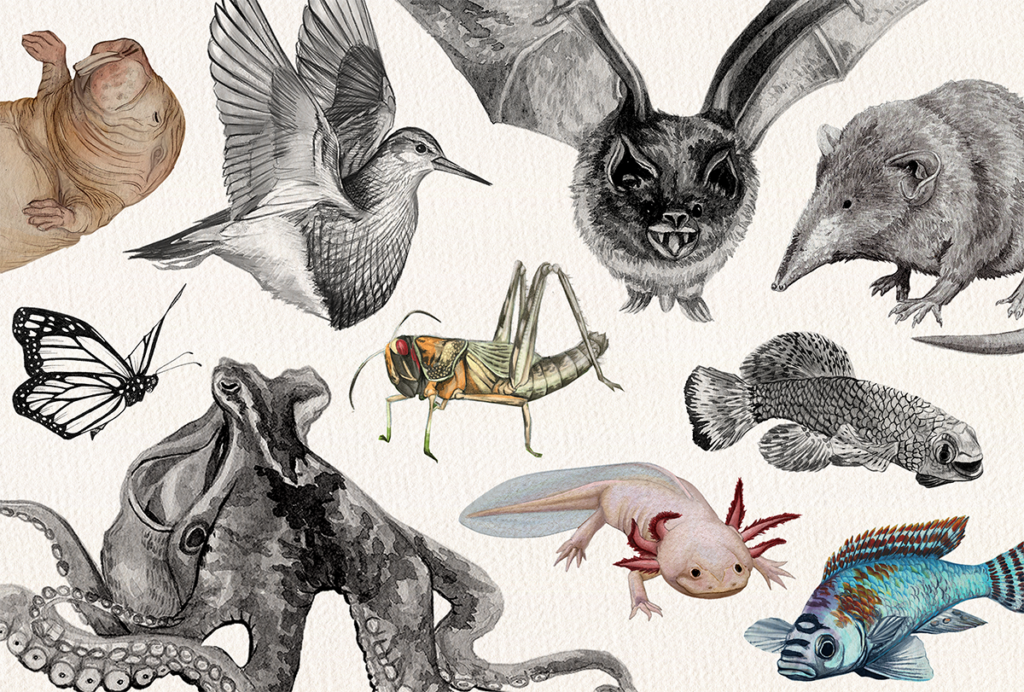Rebecca W. Black received her Ph.D. in Curriculum and Instruction from the University of Wisconsin, Madison in 2006. Her research centers on the literacy and socialization practices of young people from diverse cultural and linguistic backgrounds who are writing and participating in online, popular culture-inspired environments. This work includes an explicit focus on the 21st century skills and forms of literacy and learning that youth are engaging with in online spaces. Dr. Black’s work has been published in Teachers College Record, Reading Research Quarterly, Research in the Teaching of English, the Journal of Adolescent and Adult Literacy, the International Journal of Learning and Media, and E-learning. Her book exploring how English language learning youth represent their cultural and linguistic identities through fan fiction texts was published by Peter Lang in the Spring of 2008.

Rebecca Black
Associate Professor of Informatics, University of California, Irvine
University of California, Irvine
From this contributor
Young writers fight autism stereotypes through fan fiction
Some fan-fiction authors are beginning to incorporate autism into their stories, especially in the Harry Potter universe.

Young writers fight autism stereotypes through fan fiction
Explore more from The Transmitter
The non-model organism “renaissance” has arrived
Meet 10 neuroscientists bringing model diversity back with the funky animals they study.

The non-model organism “renaissance” has arrived
Meet 10 neuroscientists bringing model diversity back with the funky animals they study.
Assembloids illuminate circuit-level changes linked to autism, neurodevelopment
These complex combinations of organoids afford a closer look at how gene alterations affect certain brain networks.
Assembloids illuminate circuit-level changes linked to autism, neurodevelopment
These complex combinations of organoids afford a closer look at how gene alterations affect certain brain networks.
Rajesh Rao reflects on predictive brains, neural interfaces and the future of human intelligence
Twenty-five years ago, Rajesh Rao proposed a seminal theory of how brains could implement predictive coding for perception. His modern version zeroes in on actions.
Rajesh Rao reflects on predictive brains, neural interfaces and the future of human intelligence
Twenty-five years ago, Rajesh Rao proposed a seminal theory of how brains could implement predictive coding for perception. His modern version zeroes in on actions.